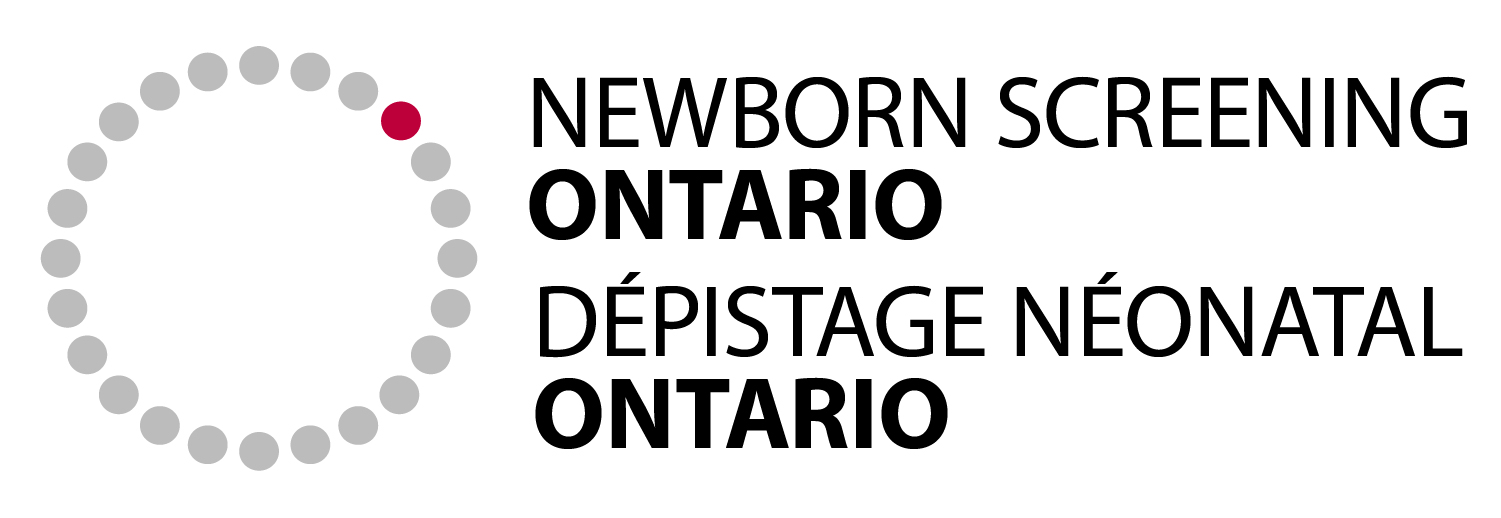Inherited Mitochondrial Diseases
This testing covers nuclear genes associated with inherited mitochondrial diseases organized as an overall mitochondrial disease nuclear gene panel and three phenotype-specific subpanels.
- Full Mitochondrial Disease Nuclear Gene Panel – 425 genes
- Mitochondrial Encephalopathy/Leigh Disease – 117 genes
- mtDNA Depletion and Deletion Panel – 19 genes
- Progressive External Ophthalmoplegia (PEO)/Optic Atrophy – 77 genes
- Pyruvate Dehydrogenase Complex Deficiency – 16 genes
A complete list of the genes included in each panel can be found on our gene list [179.26 KB].
Please contact us if you wish to order testing for a single gene or a custom set of genes from the mitochondrial disease panel.
mtDNA sequencing is not offered at NSO but is performed at the London Health Sciences Centre and McMaster University Medical Centre. For more information about this testing, please visit:
- London Health Sciences Centre's website on Molecular Diagnostic Test Panels, and
- Hamilton Health Sciences Centre's Laboratory Test Information Guide
Testing methodologies
The panel and subpanels are run on an augmented exome backbone. This test is based on the Agilent CRE V1.0, and then was supplemented with custom probes for regions with consistently poor coverage. Exome reanalysis is available on a research basis with patient consent.
Test limitations
Not all exons are captured equally well, resulting in some regions that are consistently under represented (>99% of targeted regions will have >30X read depth for coding bases; >99.7% at >20X), with 20X coverage as our minimal quality standard for reporting. Sanger sequencing will be used to supplement NGS for targets with <20X read depth for any coding base, and/or for variant validation, except for a small number of genes indicated on the gene list. Copy Number Variation (CNV) analysis is not routinely performed; we do however manually inspect NGS data for possible CNVs by assessing read depth variation in genes with one clinically significant variant. While we are not able to assess the sensitivity of this method, we have successfully identified many CNVs with this approach. Our capture methodology along with NGS does not detect large deletions, insertions, chromosomal abnormalities or large rearrangements. We continue to refine our approaches to CNV analysis and updates will be posted here. Please note that while the capture method targets the mitochondrial genome, we have not yet validated this assay for mtDNA variants; once validated, we will post an update here. Please feel free to contact us if you have questions about coverage for possible variants in any genes, generally or in the context of a specific patient.
Contact Us
Children’s Hospital of Eastern Ontario
415 Smyth Road
Ottawa, Ontario K1H 8M8
Toll-Free: 1-877-627-8330
Local: (613) 738-3222
Fax: (613) 738-0853
